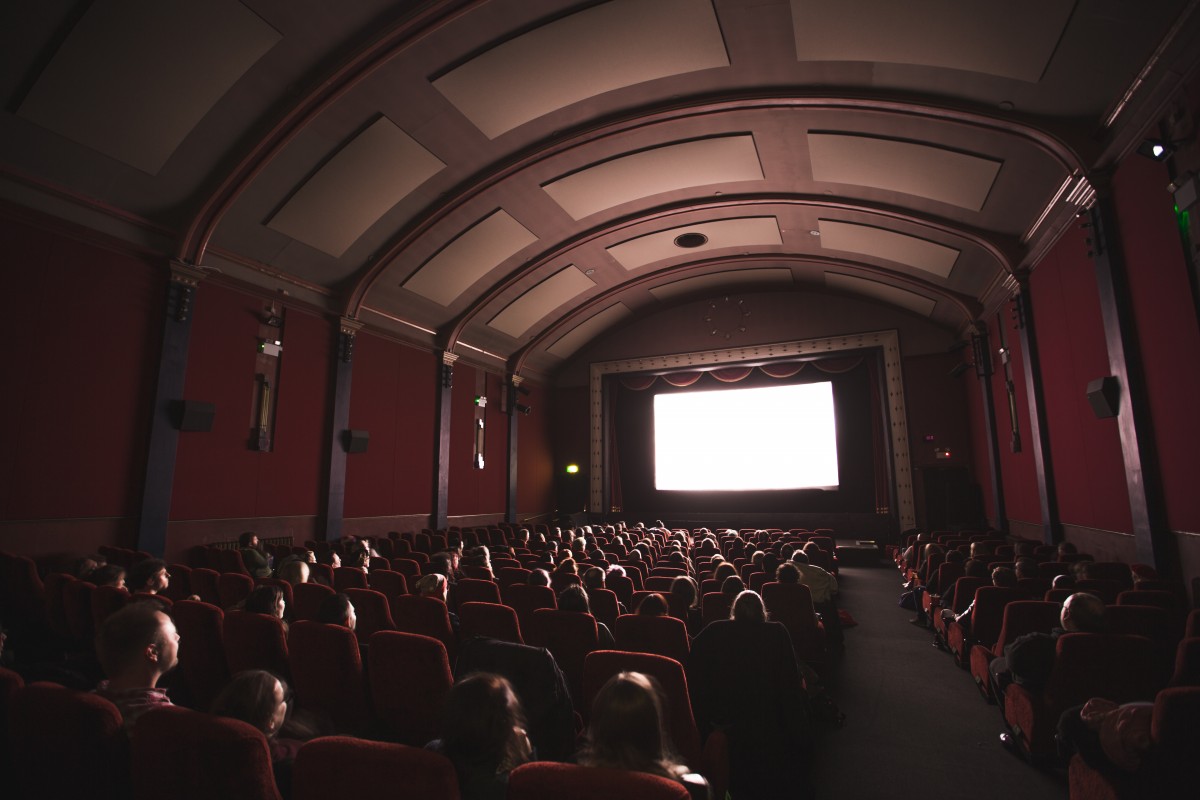
On the 27th August of every year, Russia celebrates a noteworthy event, the Day of Russian Cinema (День Российского Кино). I think it is an interesting way to pay homage to the cinematographic art, that is one of the most effective and intense forms of expression: it is a powerful instrument for culture and propaganda and a vehicle of emotions and ways of thinking. Nowadays watching a movie is easy as pie, but we have to remember that many decades ago the situation was completely different: there was no Netflix or streaming and the movie choice was not as wide as in present time. If you think that cinema is an inspiring activity and if you are interested in the history of Russian cinema, read this post and discover more about this celebration and how locals usually celebrate it.
At the beginning of the 20th century, as in the West, Russia witnessed the diffusion of techno-scientific developments, which determined, among other inventions, the birth of cinema. In particular, the first Russian film to be shown, directed by Aleksandr Drankov, was called Понизовая вольница (Southern Freedom) or Стенька Разин (Stenka Razin). It was a 10-minute silent movie based on the life of Stepan Razin, a Cossack leader who fought against nobility in 1670.
On the 27th August 1919, almost one hundred years ago, The Council of People’s of the Russian Soviet Federative Socialist Republic (Совет Народных Комиссаров РСФСР) issued a decree on the nationalisation of cinema and cinematographic activities through a free expropriation. From this day forward, all the photographic and cinematographic trades and industries were run by the National Education Committee, headed by the Bolshevik Anatoly Lunacharsky. State authorities saw in cinema a powerful tool to be implemented to their political campaign, therefore they included the cinematographic industry under their tutelage.
This event started to be honoured from 1980, during Brezhnev’s government. He was known to be a fan of cinema and movies, including American ones, that he managed to spread across the Soviet Union, increasing consumerism among the Russian population. Therefore it is thanks to Brezhnev that Russian people celebrate the Day of Russian Cinema, which from that time until the collapse of USSR was called “the Day of Soviet Cinema”.
The Day of Russian Cinema usually consists of showings of national “вечные хиты”, the greatest cinematographic hits of the Soviet times, together with younger directors’ new movies. Moreover, cultural institutions organise free majestic meetings where actors and other important members of the cinema industry take part and receive prizes for their career and accomplishments. In Moscow, among the places that joined this cultural initiative is Zaryadye Park, where, on 25th August (“Ночь Кино”, “The Night of Cinema”), this year they showed Барышня и Хулиган (The Lady and the Hooligan), starring Vladimir Mayakovsky, accompanied by a live orchestra. Other locations are the Музей Победы (“Victory Museum”) and Парк Музеон (Park Museon), near Gorky Park, that screened uncommon movies found in State archives of War days.
Russian people feel close to this event, because it is a way to relive the great moments of the Russian past through movies. The Russian cinema has been very successful throughout the 20th century and became famous at international level. Here is a list of Russian movies we suggest that you to watch: it could be a nice way for you too to celebrate the Day of Russian Cinema! Among them, what deserves special attention is Ivan Vasilyevich Changes Profession, that was the most attended movie in the Soviet Union.

Students will be happy to learn that the Russian Government has today announced plans to make Russian language easier in an effort to simplify greater international engagement. …

In a previous post, we revealed that Russians don't really say “na zdarovje” when they toast. While the phrase has been popularised in English language media – and a lot of Russians will nod politely and clink glasses with you if you use it – it’s not something a native speaker would ever…
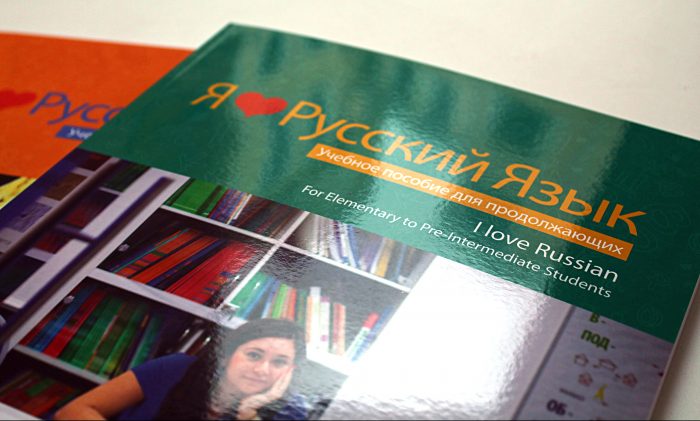
Improve your Russian while working as an expat? Mission possible! …

What could be a better way for Russian immersion than reading, especially when you read the books that you find interesting and that can give you a better idea of the culture of Russia? Co-founder of Liden & Denz, Walter Denz shares his experience on how reading Russian literature can improve your…
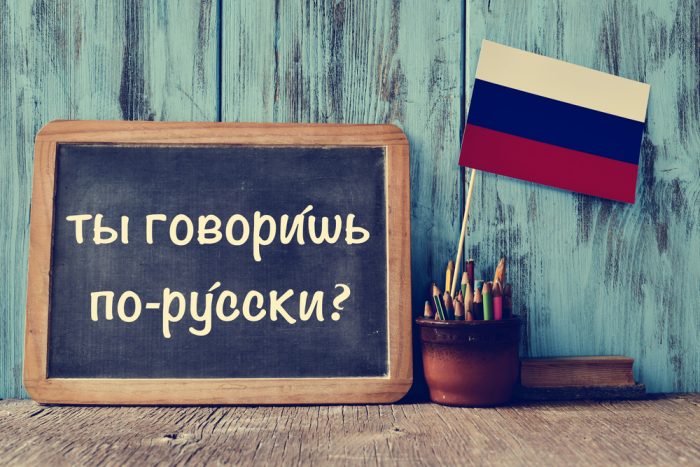
Learning a language is hard. Keeping it when you don't have classes is even harder. So this article is not about how to learn Russian, but how to maintain your Russian. …
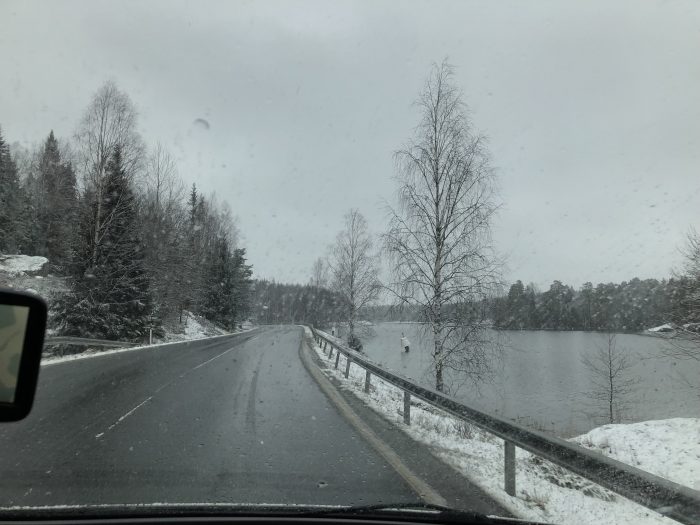
I love Russia. I have been living in St. Petersburg for almost two months, and after travelling all around the world it feels like I have finally found a place where I would see myself settling down. The inexorable beauty of the streets, the architecture, the importance of art and culture, the water…

Oh, the Russians! I was recently watching the last season of Stranger Things and, to my surprise, Russians are quite present there. For those of you who might not be familiar with the TV series, it is set on an American town during the 80s. And what do we recall from those times? The unique fashion…
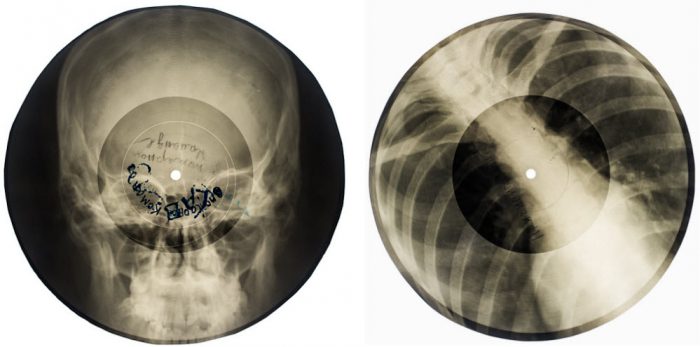
In an attempt to improve my Russian skills, I decided to start watching a TV series in Russian. After thorough research, the result of which you can read on my post about how to learn Russian with Netflix, I decided I would start watching Fartsa. I am no sure of how much Russian I am learning thanks…